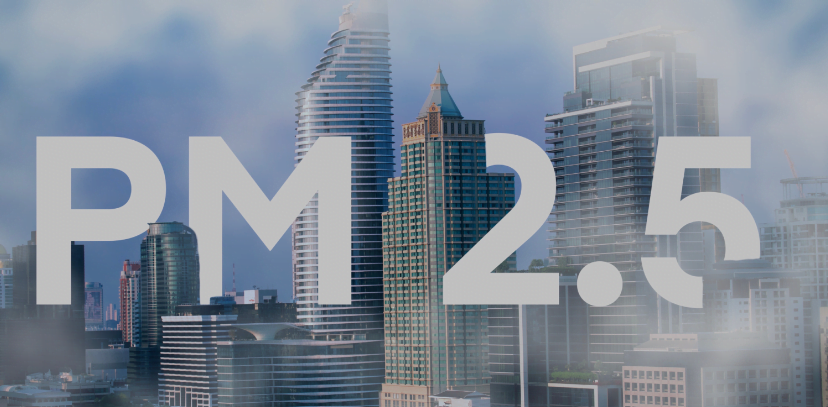
This is a post that is different of what i intended originally to write. I started with the idea to compare the real estate average price for condominium in a few Asian cities and thought to compare those cities with 5 pro and contra criteria. Tokyo was actually not in my initial city selection. Then i started to think where would i want to raise my 6 years old daughter and my initial project went to hell. In this post we are only discussing purchase by foreign buyers of condominium or flat units that are not subjected to prior approval by local authorities. Do not hesitate to contact us at connect@swissfintechpro.com
In the table below, we compare condominium prices and the conditions for foreign ownership in five popular locations for international buyers across Asia. Additionally, I have included Tokyo—not typically a top choice for foreign buyers but a city that offers unique advantages.
| City | Price per SQM in USD in capital center | Condominium Ownership |
| Singapore | 19658.65 | Freehold in Private condominium or flat unit |
| Tokyo | 7998.79 | Freehold no restriction for foreigners at all |
| Bangkok | 5052.00 | Freehold ownership up to 49% foreign ownership in the building or leasehold up to 30 years |
| Saigon – Ho Chi Min City | 4534.53 | Leasehold 50 years up to 30% foreign ownership in the building |
| Manila | 3951.60 | Freehold up to 40% ownership in a building or leasehold up to 50 years |
| KuaLa Lumpur | 2456.51 | Freehold ownership up to 100% foreign ownership in the building |
As explained above in my initial plan for this post, I intended to present a balanced list of five pros and cons for buying real estate in various Asian cities. However, I’ve decided to shift the focus solely to one crucial factor: air pollution.
Truth be told, I was never particularly keen on environmental issues. Having lived in Bangkok from 1997 to 2012, air pollution barely crossed my mind. But things have changed—I now have a six-year-old daughter. My awareness and concerns about the environment have heightened, influenced by the pressing issue of climate change and its visibility today compared to when my older children were young.
Most studies suggest that PM2.5 levels at or below 12 μg/m3 are safe, posing minimal health risks. However, levels reaching or exceeding 35 μg/m3 over a 24-hour period are deemed unhealthy and problematic, especially for individuals with respiratory conditions like asthma.
Here’s a snapshot of the air quality in 2023 for the cities we’re focusing on, according to IQair data and other sources:
These figures suggest that most listed cities grapple with air pollution, especially concerning PM2.5 particles. For instance, let’s consider Bangkok—a city I deeply love and where I lived for 15 years. In 2023, Bangkok faced considerable air quality challenges:
The situation in Bangkok mirrors the air quality issues in Kuala Lumpur, Saigon, and Manila, which all have similar annual average PM2.5 levels. So you might expect those cities having as well those good, bad and dangerous days.
This refocused examination underlines the critical importance of considering air quality as a determinant in real estate investment decisions, especially when thinking about the health and future of our younger generations.
If I were to settle somewhere outside of Switzerland, Japan would definitely be my first choice. Despite the risks of earthquakes and tsunamis, Japanese society handles these challenges remarkably well. Plus, the safety that allows a five-year-old to walk to school alone is highly appealing. My second choice would be Singapore. While I would still visit Thailand for vacations, I wouldn’t consider resettling there. Interestingly, I also thought about Dubai—a city flanked by desert and sea, modern in every sense. One might assume it would boast excellent air quality, yet the reality is different, with an average PM2.5 level of 49 µg/m³ in 2023, which is surprisingly high.
When considering, Relocation in Asia – Balancing Safety, Society, and Environmental Quality, my preferences lean towards countries with strong societal frameworks and safety. Japan tops my list due to its robust approach to natural disasters and the general safety that permits young children significant independence. Singapore follows closely, with its stable and clean environment. While Thailand remains a favoured vacation destination, it doesn’t meet my criteria for resettlement. Dubai, despite its modern allure, falls short due to its unexpectedly poor air quality. These reflections highlight the importance of not only the aesthetic and economic aspects of a location but also its environmental and societal standards when deciding on a new place to call home. Do not hesitate to contact us at connect@swissfintechpro.com